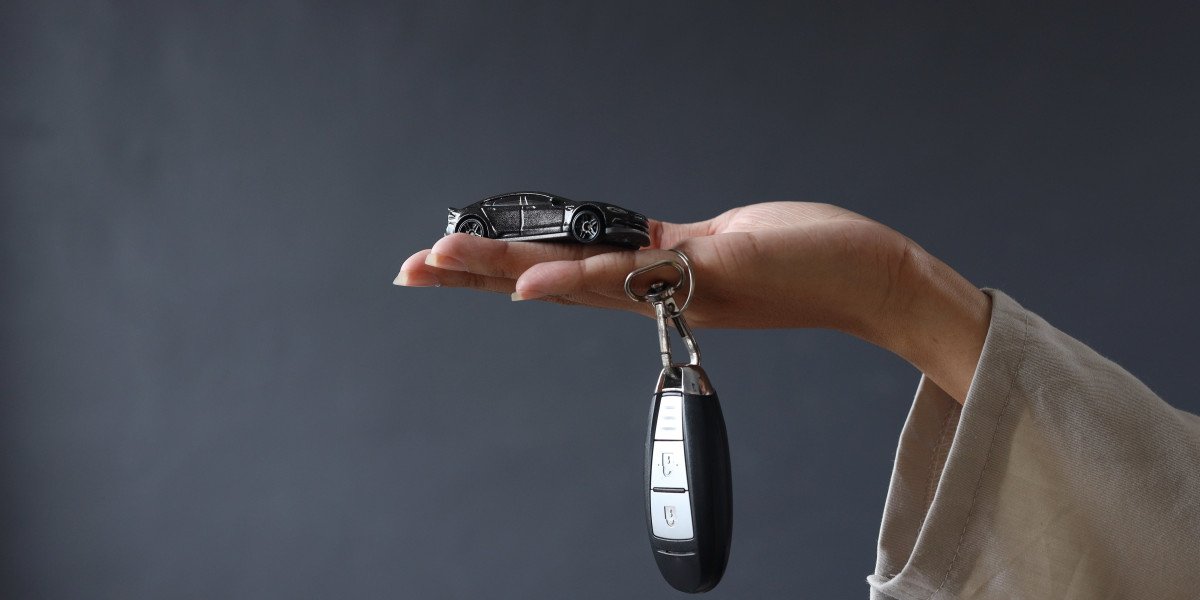A Comprehensive Guide to Senior Walkers: Enhancing Mobility and Independence
As individuals age, keeping mobility becomes essential for maintaining self-reliance and lifestyle. For numerous seniors, walking aids such as walkers provide a valued option to help them browse their environment securely and with confidence. This article delves into the complex world of senior walkers, including their types, benefits, usage, and some often asked questions.

Understanding Senior Walkers
Walkers, frequently referred to as walking frames, are mobility aids created to supply assistance and balance for people who might have difficulty walking independently. They usually consist of a sturdy frame, grips for holding, and sometimes, wheels for ease of movement. Comprehending the different kinds of walkers offered can help seniors and their caretakers make educated decisions.
Kinds Of Senior Walkers
| Walker Type | Description | Best For |
|---|---|---|
| Standard Walker | A four-legged frame that must be lifted to move forward. | Seniors needing optimum stability. |
| Two-Wheeled Walker | A walker with 2 wheels on the front for simpler mobility. | Those with minor balance problems. |
| Four-Wheeled Walker | A walker with 4 wheels, often includes a seat and brakes. | Active seniors needing mobility and pause. |
| Rollator Walker | A kind of four-wheeled walker that is lightweight and foldable. | Seniors who are more active and need small support. |
| Platform Walker | A specialized walker with a platform for support, often utilized in physical therapy. | People needing particular assistance for injuries. |
Benefits of Using Senior Walkers
Senior Walker walkers supply various benefits that significantly enhance the mobility and self-reliance of elderly people. Here are a few of the most noteworthy advantages:
- Increased Stability: Provides a strong base of assistance, reducing the danger of falls.
- Boosted Confidence: Encourages motion and can alleviate anxiety about walking.
- Enhanced Posture: Helps keep an upright posture while walking.
- Social Engagement: Facilitates participation in social activities by allowing mobility.
- Therapeutic Use: Can be used during rehab to improve strength and balance.
Picking the Right Walker
When choosing a walker, different factors must be thought about to ensure the best fit. Below are crucial points seniors or caregivers need to assess:
- Weight Capacity: Ensure the walker can support the user's weight.
- Height Adjustability: A proper height modification is necessary for comfort and effectiveness.
- Mobility Needs: Consider the user's particular needs, such as level of stability needed.
- Lifestyle Factors: Think about where the walker will be used and how regularly.
Correct Use of Walkers
To take full advantage of the benefits and decrease threats connected with walkers, correct usage techniques are important. Here are actions seniors need to follow:
- Stand in the Walker: Position the walker in front of them, guaranteeing it is steady.
- Grip the Handles: Hold the handles strongly, guaranteeing a comfortable grip.
- Stroll Inside the Frame: Move forward by taking little actions, ensuring the front legs of the walker stay on the ground.
- Turn with Care: To change direction, pivot on the feet while moving the walker.
- Use Cautiously: Avoid rushing and remember to take breaks when tired.
Frequently Asked Questions (FAQs)
What is the typical rate of a senior walker?
The cost of senior walkers can differ based on features and materials utilized. Requirement walkers might cost as low as ₤ 30, while sophisticated models with wheels and seats might vary from ₤ 50 to ₤ 150.
How do I identify if my loved one needs a walker?
Indications that a senior may need a walker can include frequent stumbling or losing balance, a current surgical treatment or injury affecting mobility, and preventing walking or participating in social activities.

Can a walker assist with rehabilitation exercises?
Yes, walkers can be an essential part of physical treatment, assisting seniors regain strength and agility through safe motion.
Where can I acquire a senior walker?
Walkers can be purchased at medical supply stores, pharmacies, or online sellers. Some insurance strategies may even cover part of the cost.
How do I maintain a senior walker?
Routine upkeep includes examining for loose parts, ensuring brakes operate correctly, and cleaning up the frame to avoid rust or wear.
Senior walkers are an important resource for maintaining mobility and self-reliance as one ages. With numerous types of walkers readily available, it is vital for seniors and caretakers to think about personal needs, usage, and convenience when choosing a proper walking aid. By motivating safe mobility, walkers not just enhance physical abilities but likewise favorably effect social connections and psychological wellbeing.
Through correct use and care, seniors can enjoy an active, appealing way of life, bolstered by the assistance of their walker. Understanding the significance of mobility aids like walkers is essential in promoting enhanced life quality for seniors facing mobility challenges.







